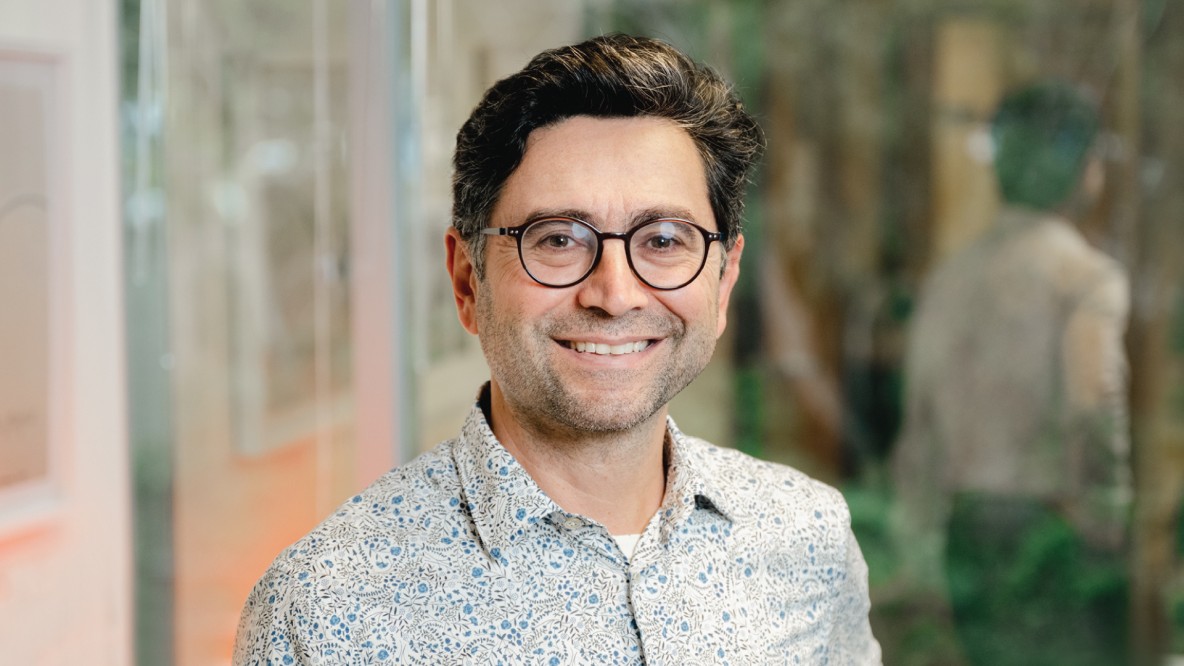Ardem Patapoutian - El papel de los canales iónicos PIEZO en la biología sensorial
Ardem Patapoutian, the 2021 Nobel Prize winner in Medicine, has been invited by the San Francisco de Quito University (USFQ) for an academic exchange in Ecuador. Patapoutian, together with David Julius, was awarded for identifying the sensors that allow us to feel pain and temperature in the human body, which has led to the development of alternative therapies for the management of chronic pain.
Patapoutian is an expert in exploring the sense of touch, which is one of the least studied senses. He has conducted research on pressure-sensitive cells to discover new sensors that respond to mechanical stimuli on the skin and internal organs of the body. This extensive work has led to a better understanding of how our body perceives heat, cold, and pain, which has been one of the great mysteries in biology and medicine.
The USFQ, a leader in research and academic exchange in Ecuador, is thrilled to have Patapoutian as a guest to share his knowledge and advancements in touch sensory research.
Who is Ardem Patapoutian?
Ardem Patapoutian is a molecular biologist and physiologist who, through his laboratory, has identified the molecules that detect temperature and pressure involved in touch, pain, and regulation of blood pressure. Patapoutian was born in Lebanon in 1967 and immigrated to the US in 1986. He graduated from UCLA in 1990 with a B.S. and received his Ph.D. from Caltech in 1996. He joined the faculty at Scripps Research in 2000, where he currently holds the Chair Endowed in Neurobiology and is an Investigator of the Howard Hughes Medical Institute. He is a member of the National Academy of Sciences (2017) and a member of the American Academy of Arts and Sciences (2020). He is a co-winner of the 2020 Kavli Prize in Neuroscience, the 2021 BBVA Foundation Frontiers of Knowledge Award, and the 2021 Nobel Prize in Physiology or Medicine (all shared with David Julius).
The discovery
Ardem Patapoutian has done research with pressure-sensitive cells on the way to the discovery of new sensors that respond to mechanical stimuli on the skin. This also works in the case of the body's internal organs. Dr. Patapoutian's extensive work has enabled us to better assess reactions to pain in the largest tissue of our makeup as individuals: the skin. Thus, for example, the perception of heat and cold are essential in our contact with the world and even enable our survival. Julius and Patapoutian's discoveries have led us to know how our bodies perceive heat, cold and pain, until now one of the great enigmas of biology and medicine. Earlier, Dr. Julius, a Nobel laureate together with Patapoutian, had discovered the gene for the receptor of the substance called capsaicin - found in chili peppers - which unlocked the key to understanding the relationship between the physical processes of pressure and temperature and the body's electrochemical nerve impulses. This is how sensory information is transmitted from the sense organs and travels to the central nervous system. Julius studied membrane receptor proteins for temperature (hot or cold) that are converted into electrochemical messages conducted by neurons to the brain, and Patapoutian took that research as a basis for investigating the molecular basis of sensory perception, specifically pressure.
Salón Neuchatel – Swissotel Quito
Teatro Shakespeare, USFQ


